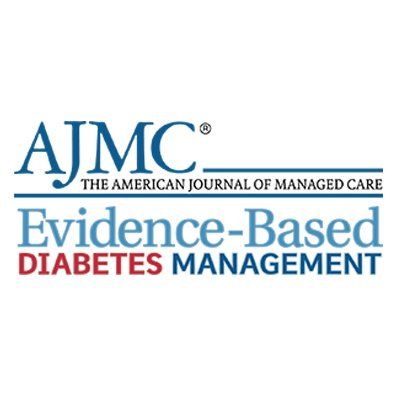- Center on Health Equity & Access
- Clinical
- Health Care Cost
- Health Care Delivery
- Insurance
- Policy
- Technology
- Value-Based Care
Examining the Reality of What Insulin Costs Do to Patients
The editor-in-chief of Evidence-Based Diabetes Management™ introduces the special issue, Perspectives on Insulin Pricing, and shares that he has seen rationing among his own patients.
For much of the past decade, few outside the diabetes community paid attention to rising insulin prices. Patients and family members complained to doctors or pharmacists. As prices climbed, some patients with diabetes rationed insulin. Still others used older insulins, surrendering some glycemic control and giving up flexibility over when they ate to save money.
But when patients started dying—especially young adults no longer eligible for their parents’ health insurance—the rest of the world took notice. In hearings this year, Congress and the public heard what those of us in diabetes care know all too well: Insulin, an essential hormone, costs too much. For patients with type 1 diabetes and some with type 2, that cost is a barrier to glycemic control, overall health, and, for a few, survival. I have seen firsthand, with my own patients, the heart breaking choices that are made to ration insulin at the expense of one’s health.
As you will read in this issue of Evidence-Based Diabetes Management™, insulin prices and excessive cost sharing not only are concerns of the moment but also affect the health of individuals with diabetes now and well into the future. The consequences of rationing, such as more time in hyperglycemia or greater risk of diabetic ketoacidosis, increase the likelihood of complications such as blindness and kidney failure. Thus, the costs to the health system for today’s insulin prices may not be fully known for years.
Without question, there is no single cause of the current insulin pricing crisis, and this will be a complex policy problem to solve. But we know the one individual not at fault is the patient, who must figure out how to obtain insulin just to stay alive. This month’s issue presents perspectives of the health system, the advocate, and the provider, but most critically, you’ll hear from the patients as they navigate an uncertain landscape. Fortunately, work by advocacy groups and legislation now pending in Congress suggest that government action will soon bring greater transparency and financial relief.
In response to pressure, manufacturers are offering lower-cost generics. The possibility of follow-on insulins—the term for biosimilar products in this space—offers more opportunities for increased choice and savings. Certainly, having more options is not a bad thing. But choices and discounts should exist not only for payers; they must flow to the patients as well. Patients do not benefit when they are forced to switch products because a formulary manager negotiates a new discount. This often leads to confusion, as an insulin that brought superior control is taken away. When an individual who doesn’t use insulin says 2 products are equivalent, doctors and patients know better. This process also creates a significant burden on providers, who must redo hundreds of prescriptions. The providers, not the payers, are left to explain the sudden change to the patients.
It took many players to get into this crisis, and it will take everyone working together—insulin manufacturers, payers, physicians, health systems, and government—to find our way out.
Dr Gabbay is the chief medical officer and senior vice president of Joslin Diabetes Center. He serves as editor-in-chief of Evidence-Based Diabetes Management™.

Building Trust: Public Priorities for Health Care AI Labeling
January 27th 2026A Michigan-based deliberative study found strong public support for patient-informed artificial intelligence (AI) labeling in health care, emphasizing transparency, privacy, equity, and safety to build trust.
Read More
Exploring Pharmaceutical Innovations, Trust, and Access With CVS Health's CMO
July 11th 2024On this episode of Managed Care Cast, we're talking with the chief medical officer of CVS Health about recent pharmaceutical innovations, patient-provider relationships, and strategies to reduce drug costs.
Listen
Motivating and Enabling Factors Supporting Targeted Improvements to Hospital-SNF Transitions
January 26th 2026Skilled nursing facilities (SNFs) with a high volume of referred patients with Alzheimer disease and related dementias may work harder to manage care transitions with less availability of resources that enable high-quality handoffs.
Read More
